KULARTS-SF Convenes Third Annual DIALOGUE IN THE DIASPORA During LGBTQ Month with Program Featuring Trans and Gender Non-Conforming Artists
Written by Paul Barrera
On the third weekend of June, from the 15th through the 17th, KULARTS SF will host its 3rd annual edition of “Dialogue in the Diaspora,” a three-day convening of diasporic Filipino artists and culture bearers to discuss and engage the ongoing development of Philippine arts across the globe. Still the only event of its kind, the gathering centers on the thought and output of Filipino art makers and arts organizations who originate from outside of The Philippines — a crucial space for exploring the cultural development of the various communities that make up the Filipino diaspora.
“We’re so proud to highlight the innovative work that the folks in our community are producing. In many cases, these artists/cultural/community workers are pushing into institutions — education, museums, theaters — that haven't seen the tenacity of Filipino-Americans, and the work of breaking into institutions takes a lot of emotional and physical labor. Dialogue in the Diaspora is a space to convene and congratulate each others' hard work,” said Kimberley Arteche, Program Manager of KULARTS SF.
Photo by Wilfred Galila
In this way, community development and progress are the primary goals of Dialogue in the Diaspora. Certainly, the three-day program’s diverse offerings — a performance on Friday, expert-led dialogues on Saturday, a special Kamayan dinner theatre experience on Saturday evening, and workshops all day Sunday — present attendees a variety of learning opportunities. However, the organizers stress the significance of the programming as directed at a larger goal of continuing ongoing conversations, approaching new ideas, and even proposing solutions.
“To me, each year is a place-marker of where we're at in terms of moving forward. And to also get into the harder discussions around the ethics of telling family stories, or stories that may be exploitive, and to tackle the broader discussions around cultural appropriation, and the ways to respect our communities — whether we’re inside or outside of them,” Arteche said.
At this year’s event, one of the most critical conversations will focus on the work of trans and gender non-conforming artists — exploring how the significance of their work within the context of the Filipino community, while also appreciating the larger cultural spaces to which their work responds. Several of the program’s events, including Saturday night’s Kamayan Kabaret, will feature trans and gender non-conforming artists and their work — including Brian Batugo performing drag; Earl Paus, who performs regularly with a troupe in honor of the Cockettes; Kreatibo, a queer Pinxy theater/performance group; Jae Tioseco, performing the traditionally heteronormative Maria Clara dance; Kinbaku Love, a Japanese rope bondage performance duo; and music by Josh Icban and Aimee Amparo.
“We wanted to showcase trans and gender non-conforming artists within our own community, because often, our community’s trans/drag/queer performers more often perform outside of Filipino spaces due to the difficult and harmful realities of homophobia and Catholicism in Filipino culture. Engaging in dialogue with the panel and with these artists’ performances does a few very important things. It reminds us the ways we need to be responsive to the trans and gender non-conforming community; it reminds them that yes, the Filipino community does have their back; and most importantly, it normalizes their narratives, and the really groundbreaking work that they do,” Arteche said.
Ahead of Saturday night’s festivities is the opening night ceremony, which features writer Melissa Sipin and artist Rosalie Zerrudo — women artists whose work tells difficult and painful stories that might otherwise not be heard. Understanding how these artists are able to engage such heavy subjects with a tender yet determined approach is a key facet of the discussions that will happen at Dialogue in the Diaspora.
“Opening night is a benefit for the Inday Dolls project, Rosalie Zerrudo’s collaboration with the Iloilo City District Jail. All of the proceeds from the event, and the sale of the dolls go towards all of the women inmate artists who are participating in the project. The performance Rosalie will be doing is inspired by the real-life stories of the women in the Iloilo jail. And Melissa Sipin is an incredibly beautiful writer. She has been able to very vulnerably tell the traumatic and difficult stories from her family. We'll also be doing a talkback with Melissa on the ethics of telling these stories that can be sometimes viewed as exploitive. We'll be looking at her process, and what she chooses to do with language to craft what she wants to say. It's also a bit of framework for Rosalie's project with the women in Iloilo, that can be a tricky line of doing community responsive work when the stories can be sensationalized? How do we tell the stories authentically, and in a way that doesn't exploit the human beings behind them?”
“We're always looking to see who is doing really good work in the community - and also, who is good at speaking about their work. The biggest theme of this year was, of course, normalizing our Trans/GnC/Queer artists, so making sure that we not only engage them with our highlight panel discussion, but also make sure they are represented within all of the other panels as well. We're always looking at what needs to be discussed. One of the topics that we always want to open up is about cultural appropriation, but it is a difficult one to have without making folks defensive or combative. We didn't have a panel directed at that this year, but hope to always keep that in mind, because it has turned into such a vague and broad subject that we may all have different understandings of. And of course, how to work and move through institutions is always going to be an important topic for our community,” Arteche said.
Paul Barrera is a Bay Area native, writer, and community organizer based in Oakland & San Francisco.




